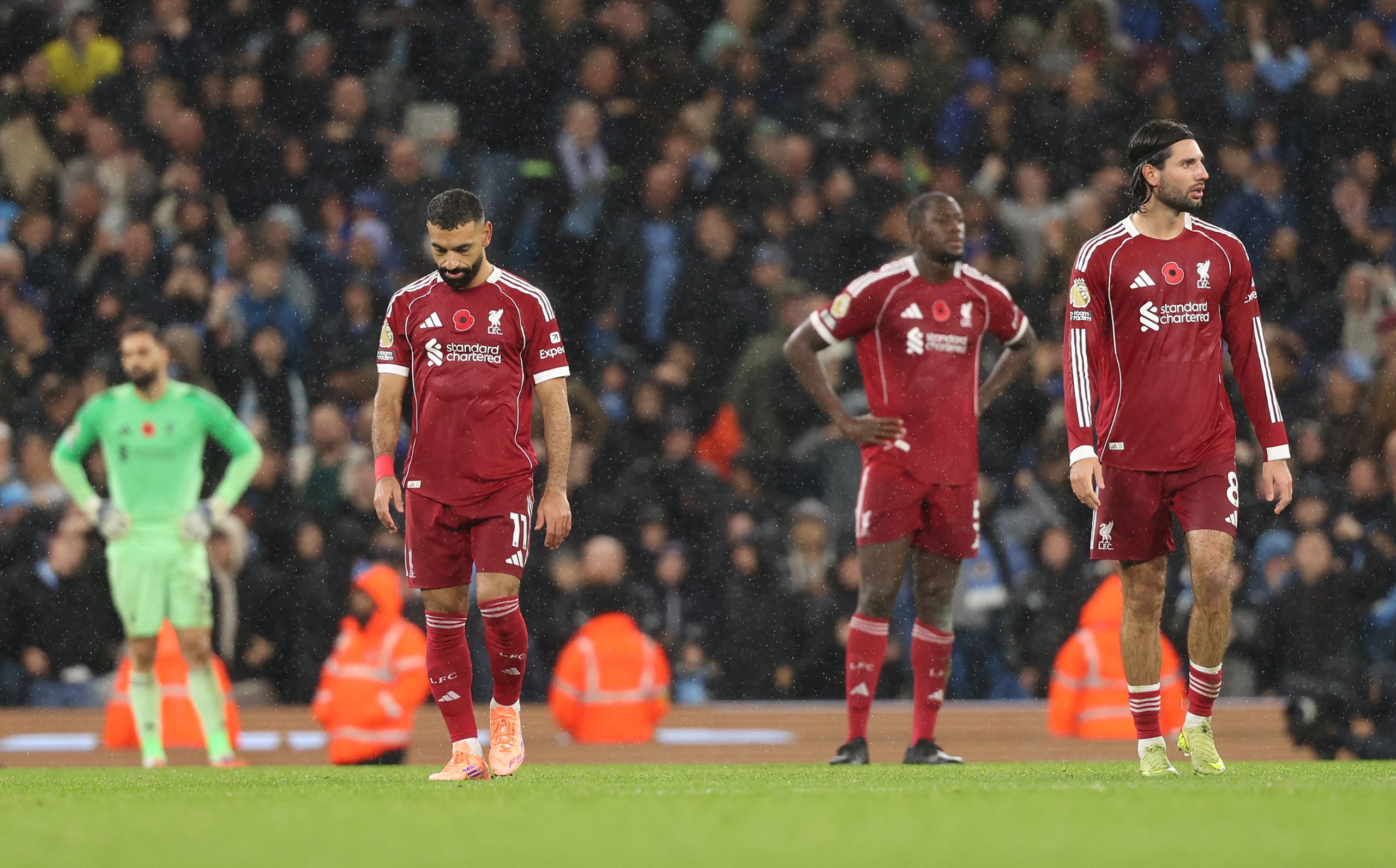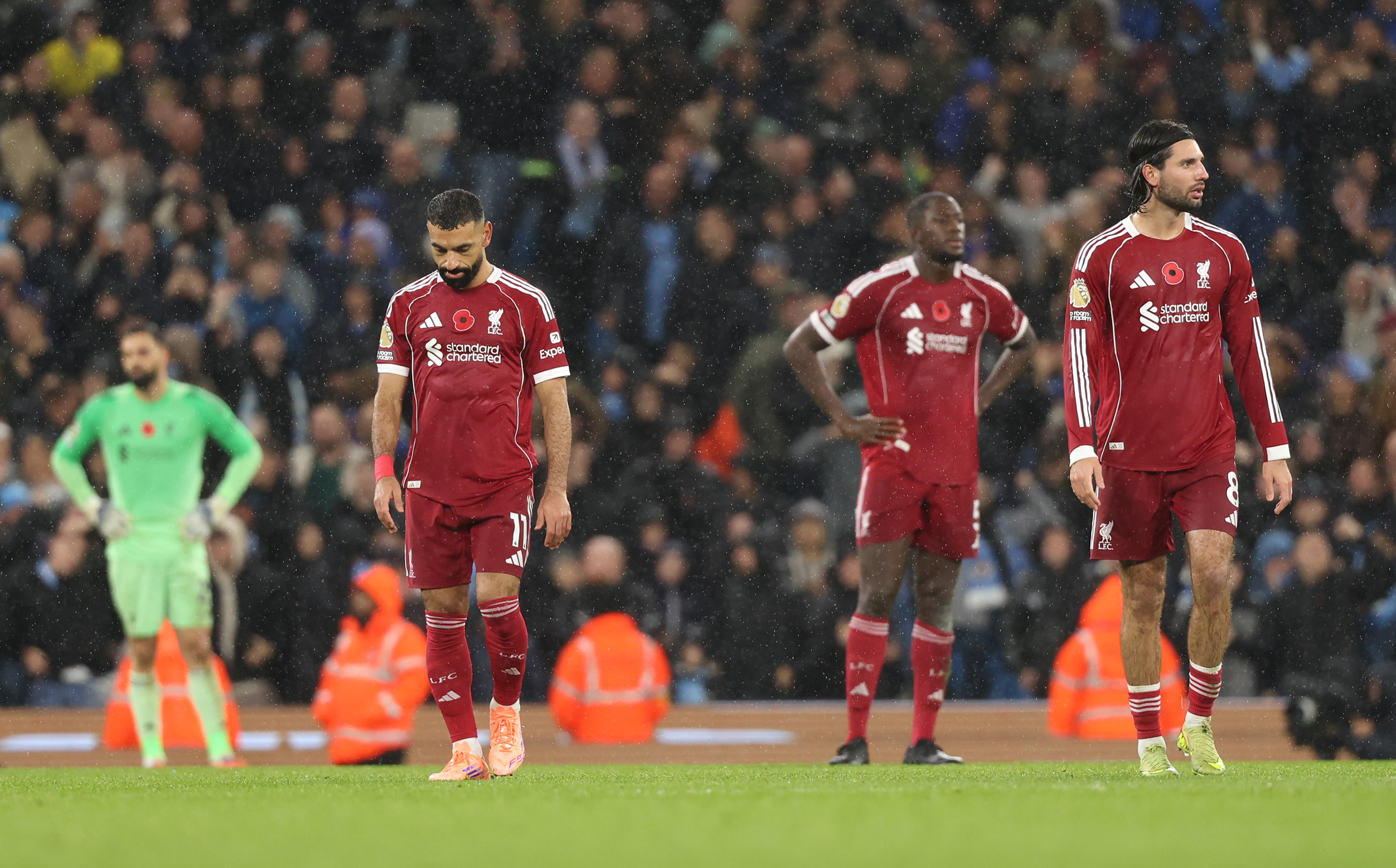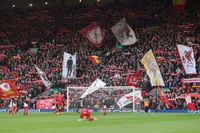

Football isnt as predictable as some would like to think.
Just like Arne Slots first season in England wasnt supposed to be so easy, replacing Jurgen Klopp at Liverpool and winning the Premier League at a canter, the Dutchmans second season wasnt supposed to have unravelled in the way it has by early November.
After a record spend, including two club record signings over �100 million, Slots side were favourites to win back-to-back league titles, something the Reds havent achieved since 1984.
But after five defeats in six league games, the likelihood of retaining the title is looking increasingly slim.
Its not just the defeats, though, its the performances, the lack of any issues seemingly being addressed, an admittance from Slot that his side cant cope against teams who play long balls, and poor form that actually goes back to March.
Indeed, since exiting the Champions League at the hands of PSG and losing the Carabao Cup final against Newcastle five days later, Liverpool have won just 11 of their 26 matches in all competitions.
The deeper statistics are alarming, to say the least. In six of the last seven league games their opponents have out-run Liverpool. In the league defeat at Crystal Palace, Slots side covered 5km fewer than their opponents, but spent almost 5kms more walking.
Defensively, Liverpool are leaking goals at a relegation rate. Since the beginning of May, theyve conceded 36 goals, which only Wolves, of all teams in the top five European leagues, have conceded more.
And there is little sign of progress. Consistently, Liverpool are being out-run, losing duels, and - especially in the last outing at Manchester City - outmanoeuvred. Against City, Liverpools entire midfield, including subs, and their centre-backs made no tackles. In a match they lost 3-0 to a supposed title rival. Passive doesnt even begin to describe it.
The reasons for this can be debated, and plenty in the media have had their say. There is, of course, the tragedy that the players have suffered following the loss of Diogo Jota.
Most, too, have pointed to the upheaval within the squad in terms of players incoming and outgoing. And while the departures of Luis Diaz and Trent Alexander-Arnold were player-led, Liverpool are certainly missing those two who were key components of the team that won the title.
For many, Slot has sought to change too much at once. Not content with the huge turnover in the playing squad, the Dutchman has changed tactics, citing a need to change due to teams playing differently against his side in the second half of last season compared to the first.
Who decides on Liverpool's recruitment these days?
But, perhaps, the biggest question is whether all the change was Slots desire, or was led by Liverpools recruitment team.
When Slot was first unveiled, in a rather low-key and belated press conference seven weeks after his announcement as the clubs new head coach, he was seated alongside the new sporting director, Richard Hughes.
It was somewhat surprising and quite refreshing to hear from Hughes, who had joined from Bournemouth. Id say a quiet July and crescendo in August would probably be the way to sum it up, predicted Hughes.
Liverpools summer actually was remarkably quiet throughout, with few outgoings and only Federico Chiesa arriving. Such stability was needed after the off-pitch departures of Klopp, his coaching staff and a host of other backroom figures.
The contrast with the past summer could not be starker. Again, there were departures in the coaching staff, with the goalkeeper department completely changed again, while Diaz, Alexander-Arnold, Darwin Nunez and Jarell Quansah left from the title-winning squad.
They were replaced handsomely, but not necessarily like-for-like. There has been no real replacement for Diaz and the attributes he provided from the left. Alexander-Arnolds replacement, of sorts, in Jeremie Frimpong could not be more different.
In spending over �200 million on Hugo Ekitike and Alexander Isak, the question becomes what is the actual plan?
Slot has, of course, pointed to the options that having two No.9s of such quality provides, but it seems highly unlikely that remaining with the 4-2-3-1 system can get the best out of each of those, plus Mohamed Salah and Florian Wirtz.
Liverpool signed a lot of very, very good footballers. But quite what the plan is to get them all on the pitch at the same time appears a mystery, let alone to have them form a cohesive unit that works in the Premier League.
Many have pointed at a potential change to a back three and moving to a system more akin to the one which saw Wirtz thrive as one of the dual No.10s at Leverkusen - a system that would at least seemingly get the best out of full-backs Frimpong and Milos Kerkez.
But even then, that would still mean both Isak and Ekitike cannot be accommodated, let alone Salahs role and whether Dominik Szoboszlai - by far the most important player this season - takes up a deeper role, thus losing his pressing ability higher up the pitch.
The summer spending seems more aimed at a world post-Salah, once the Egyptian has departed the club, allowing for a move to, perhaps, two up front with Wirtz as the playmaking No.10.
But with Salah still here and earning a reported �400,000 per week, its a conundrum that few can provide a solid answer to, even on paper, and something that is proving impossible for Slot to solve.
The Dutchman has frequently expressed his admiration for how PSG played last season, and the signings in the summer appear to reflect that and be aimed towards breaking down teams who defend deep (in a low block), plus replacing Alexander-Arnolds creative output. But with the Premier League becoming more physical and direct, it seems like the team and squad are built for one style of play, and its a style of play that doesnt suit the main competition they play in.
It also seems quite idealistic, but not as good in practice.
What doesnt help is that Slot is left to answer questions on recruitment and the strategy. Hughes hasnt given an interview since that opening press conference, but in a rare speech at a Summit in September, the sporting director explained of the transfer fees paid: In the fullness of time, we hope that, instead of talking now about what a huge fee it is, it has been value for money for the football club whenever were making that assessment in the future.
And because of the ages of the players that weve bought, were confident that will end up being the case.
But time isnt something that football managers are afforded too often in the modern game, which Hughes also acknowledges: We also want to try and win now, and thats important as well, so Im not describing them as works in progress or anything like that.
Winning now is something Slot must find a way to get back to, and fast.


